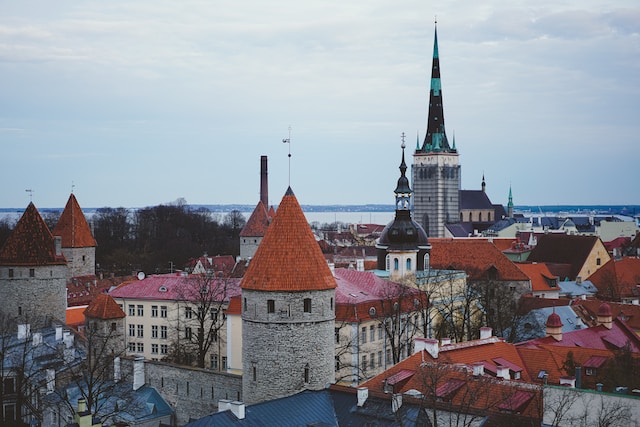This is a small country in Northern Europe, bordered by the Baltic Sea to the west and the Gulf of Finland to the north. It has a population of about 1.3 million people and covers an area of approximately 45,000 square kilometers. The capital city of Estonia is Tallinn. The country has a rich history, with a long tradition of folk culture and a strong connection to nature. It was occupied by various foreign powers over the centuries, including the Danes, Germans, Swedes, and Russians, before finally gaining independence from the Soviet Union in 1991. Today, it is known for its advanced technology industry, innovative e-government solutions, and high living standards. It is also home to many natural wonders, including forests, lakes, and islands, as well as a diverse and vibrant culture. Finding a job here as an expat requires research, networking, language skills, and a well-written CV and cover letter. Be persistent and patient, and you will increase your chances of finding a job that meets your needs and qualifications.

If you are an expat residing within this territory and looking for work, you are simply interested in learning about finding work in this country. Here is an article on finding a job in Estonia.
These other articles might interest you:
Finding a job in the country
Finding employment in a foreign country is always difficult from the start. There is the issue of getting a work permit and getting employed by a good-paying company. As with every other European country, this nation provides easy access to citizens from other EU countries. If you are an expat looking for a job in this territory, here are some steps you need to put into action:
Research the job market
Study the job market here to understand the types of jobs available, the qualifications and skills required, and the salary expectations. Expats can start by browsing job boards and websites like LinkedIn, Indeed, Glassdoor, and Stepstone for job vacancies.
Network
Networking is essential for successful application. Expats need to reach out to professional organizations, attend job fairs, and connect with recruiters and headhunters. They can also join expat groups and attend social events to meet other expats like them and locals, who might be of help.
Language proficiency
Learning to speak the official language gives expats an advantage when searching for work. Interested persons who do not speak the language, may need to take online language courses to improve their chances of finding a job faster.
Work permit
Non-EU citizens will need a work permit to work here. Applicants seeking from outside the area should contact their home country’s embassy or consulate for the most up-to-date information on how to obtain a work permit and the associated charges.
CV and cover letter
A CV and cover letter are essential tools for every job search. Applicants must ensure they are well-written and tailored to the job, which they are applying for. They should also contain information on their skills and experiences that relate to the job requirements.
Apply for jobs
Only apply for jobs that match present skills and qualifications. Also, applicants should sure they follow the application instructions and submit all required documents requested.
Interview
When expats are invited to interviews, they need to prepare thoroughly. It is advisable that they research the company and the job, practice answers to common interview questions, and dress formally for the interview.
Note that when looking for employment as an expat, one requires research, networking, language skills, and a well-written CV and cover letter. Just remain persistent and patient, and this will increase your chances of finding a job that matches your qualifications.


